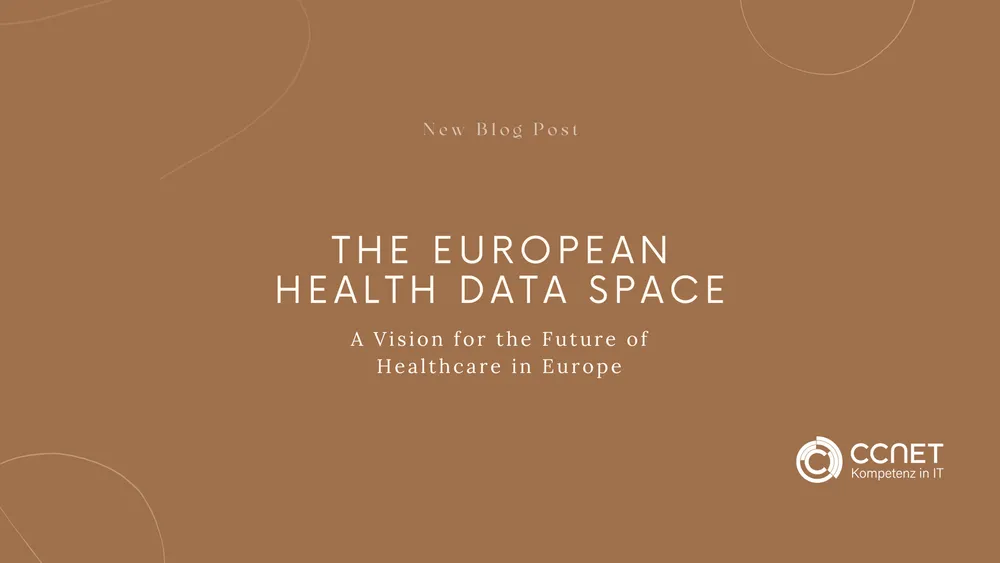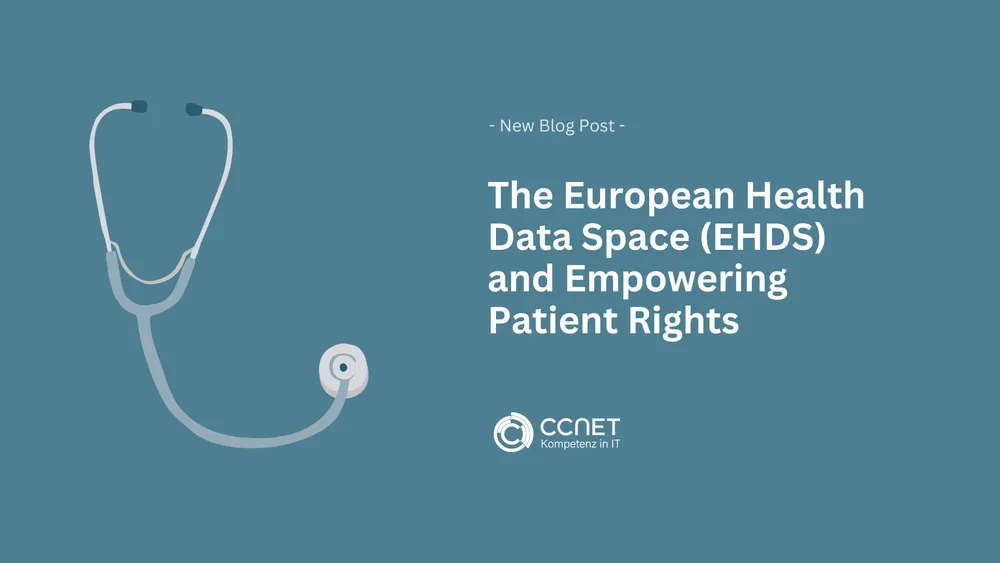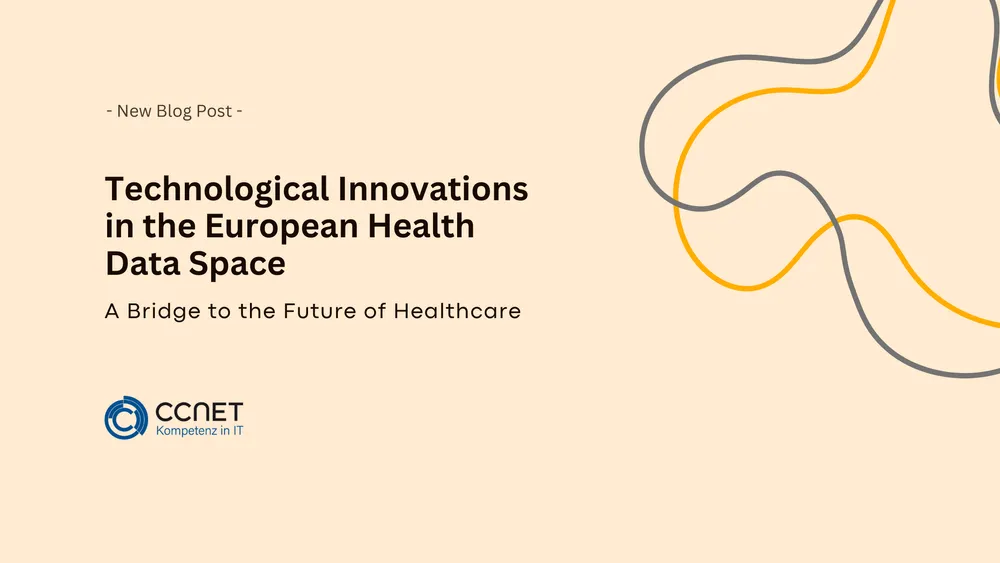
CCNet
Sep 13, 2024 • 2 min read

Access to Health Data for Research Purposes: A Turning Point through the European Health Data Space
Medical research is on the verge of a new era, ushered in by the European Health Data Space (EHDS). This groundbreaking initiative by the European Union has the potential to fundamentally alter the landscape of health research by significantly facilitating access to and utilization of health data for research purposes. In this blog post, we illuminate how the EHDS represents a turning point for researchers, opening up new opportunities, enhancing research efficiency, and ultimately accelerating the development of new therapies, treatment methods, and health policies.
The EHDS: A Catalyst for Medical Research
The EHDS aims to establish a secure and efficient infrastructure for accessing health data within the European Union. For researchers, this means unprecedented access to a rich pool of health data, offering the opportunity to conduct large-scale studies crucial for understanding complex diseases and developing new treatment strategies. By simplifying access to data from various member states, the EHDS can foster collaboration between research institutions and overcome the fragmentation that has often hindered pan-European studies.
Accelerating Research and Innovation
Providing health data for research purposes through the EHDS has the potential to significantly accelerate medical research. With access to extensive datasets, researchers can identify patterns, test hypotheses, and evaluate the effectiveness of therapies more rapidly. This is particularly relevant in areas such as personalized medicine, where the analysis of genetic information and health data can enable the development of individually tailored treatment plans that could revolutionize patient care.
Overcoming Challenges in Health Research
One of the greatest challenges in medical research is obtaining high-quality, representative data. The EHDS addresses this issue by providing access to a variety of data sources, ranging from electronic health records to clinical trials to population health data. This diversity of data is crucial for conducting studies with high validity and can help accelerate the development of drugs and treatments tailored to the needs of different population groups.
Promoting Evidence-Based Health Policy
In addition to accelerating research, the EHDS also contributes to the development of evidence-based health policy. By analyzing extensive health data, policymakers can better understand the factors influencing population health and take targeted actions to improve public health. This can range from optimizing prevention programs to more efficiently allocating resources within the healthcare system.
Data Privacy and Ethical Considerations
While the EHDS offers significant benefits for medical research, it also brings important data privacy and ethical considerations. The EHDS places great emphasis on protecting citizens' privacy and ensures that all research activities conducted under its auspices adhere to strict data protection standards. Compliance with these standards is crucial to maintaining public trust in research and ensuring that the use of health data follows ethical principles.
The Way Forward
The EHDS is at the forefront of a revolution in medical research driven by improved access to and utilization of health data. While challenges regarding data privacy and management persist, the EHDS presents an unprecedented opportunity to push the boundaries of science, accelerate the development of new therapies, and promote evidence-based health policy. The successful implementation of the EHDS requires ongoing collaboration between researchers, policymakers, and the public to fully harness the benefits of this initiative while protecting the rights and privacy of citizens. The future of health research in Europe looks promising thanks to the EHDS, with the potential to fundamentally change the way we understand and treat diseases.


